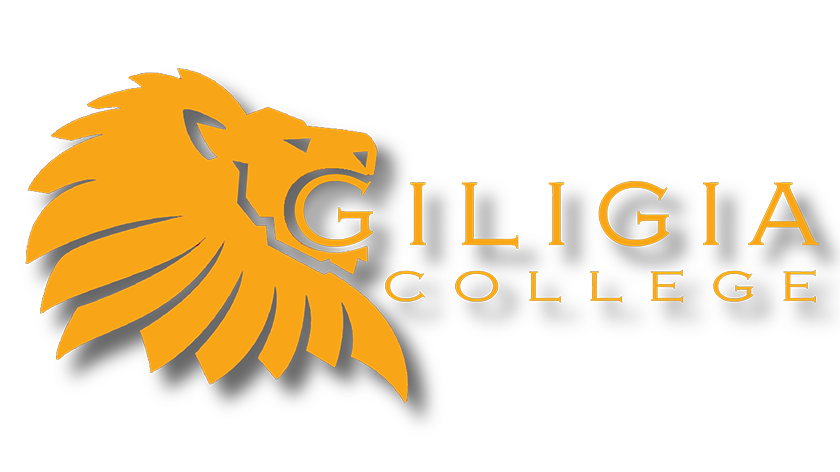- Home
- V-ESL (Vocational English as a Second Language)
V-ESL (Vocational English as a Second Language)

Vocational ESL Focused on Medical Billing & Coding training helps you master comprehensive English communication skills to secure a job that requires mastery of the English language. Learning English is invaluable training that opens employment doors to many opportunities in medical office to name a few. The fluency that you acquire during a vocational ESL program will be a major part of your workplace success.
A Vocational ESL Focused on Medical Billing & Coding program at Giligia College focuses on seven occupational steps to full English comprehension. They include:
Vocabulary
During the Vocational ESL program, you will learn the fundamental words, conjunctions and phrases that help you communicate in work and life. The curriculum will immerse you in the English language, allowing you to learn basic words to improve your conversation skills. Before long, you will be forming sentences and engaging in full conversations, reading books in English and writing using your English vocabulary skills.
Listening
Listening is an important soft skill that helps you understand the words and meanings behind the conversations you engage in. Listening supplements communication and allows you to interpret information in the communication process. Understanding the English language in the context of a vocation will help you listen to coworkers and customers and better communicate your thoughts and desires.
Speaking
During the Vocational ESL program, you will learn the art of speaking. Speaking allows you to communicate and express your thoughts and feelings, especially in a vocational setting. In Vocational ESL class, you will communicate exclusively in English so you can learn from increased repetition. This will prepare you for a job that requires you to speak with colleagues and customers in English.
Reading
Reading is the next step in the process once you can speak in the English language. During the Vocational ESL program, you will become familiar with stop words, adverbs, pronouns, roots, suffixes, and prefixes. Additional lessons will focus on word context. Whether you want to read a memo or email while at work, you will also need to learn the nuances of the English language to understand punctuation.
Writing
The next step in the learning process is to supplement conversation and reading with writing skills. English writing skills help you communicate with business correspondence like letters, memos, and emails. You will write many documents working in an office setting, so writing skills are important to succeed in a business setting.
Pronunciation
One of the more important aspects to learn during a Vocational ESL is pronunciation. Words may have multiple meanings and can be pronounced in multiple ways. Knowing the difference between leaving for the day and giving leave will help you keep working at you new job and cut down on any misunderstandings. By using the pronunciation when you speak, colleagues and customers will be able to understand what you are saying.
Grammar
The final lesson in a Vocational ESL program is proper grammar. Grammar is the structure and system of a language that governs the sounds, words, and sentences, and their interpretation. Grammar helps the reader better comprehend what they are reading. Plus, knowing that you took the time to use the right grammar signals that you are competent with the language.
Attending a vocational ESL Focused on Medical Billing & Coding program gives you the confidence and qualifications to move into different positions at a business. With a Vocational ESL program, you learn to read, write, listen, and speak fluently in English. You also learn job-related vocabulary, correct pronunciation of difficult English words, grammar, and sentence structure.
Vocational ESL programs Focused on Medical Billing & Coding can help you find a career in almost any of medical office administration.
When looking for a job in these competitive times, speaking English with English speaking customers is a given. Most employers will want someone that can speak English to both colleagues and customers. Having a mastery of the language for communication both verbally and in writing will help you thrive in your career.

